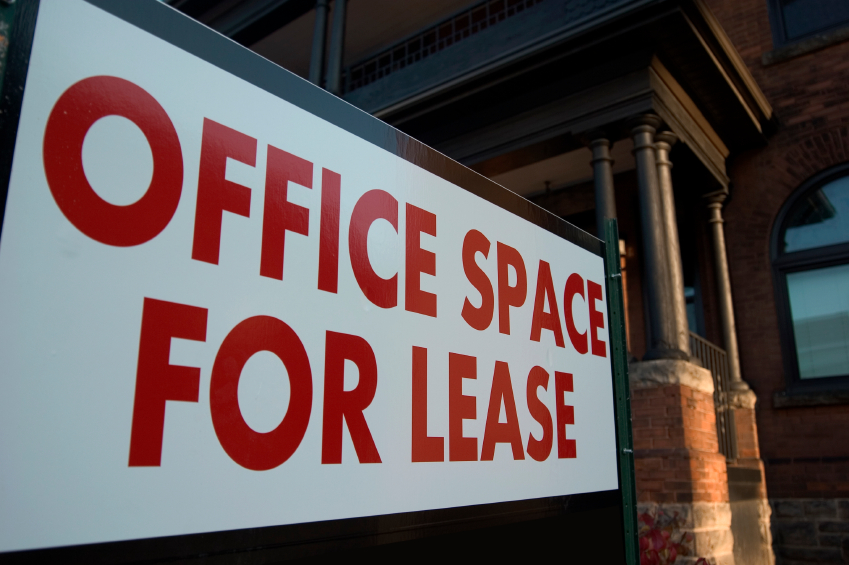Commercial Lease Renewal: How Does It Work?
Mar 2 2016
Darren Best

Renewing a leasehold for commercial property is an intricate process. Unlike with a rent review, the tenant has no obligation to stay and therefore both landlord and tenant must negotiate rent and lease renewal terms. However, not all tenants under a commercial tenancy agreement have the automatic right to renew their lease when the tenancy expires. Hence, in cases like these rent negotiations need to be started earlier than usual, to ensure that you come to an agreement before the lease expires.
How does the lease renewal process work?
Landlord and Tenant Act 1954

Credit to djile/sutterstock.com
In some cases, the business tenant does in fact have automatic rights to lease renewal under this act. The act specifies though, that certain, strict timetables have to be adhered to in order for the automatic right to be retained. Under the act, certain leases can be ‘protected’ – this means that if a tenant remains in occupation and is intending to review the lease, then the only way a landlord can bring an end to the lease is by giving notice under section 25 of the act.
Property experts, such as ourselves at Savoy Stewart, can offer advice focused around legal matters such as the best time to serve a section 25 notice (landlord) or section 26 notice (if you’re a tenant); the best time to strategically serve your notice depends on whether rental levels are predicted to soar, plummet, or something in-between at the lease expiry date.
Once this notice has been served, the protected lease will come to an end and normal rules will apply. It is important to use the services of a commercial property team which have a detailed knowledge of the Landlord and Tenant Act (1954), along with a solicitor with legal expertise. Reaching a new tenancy agreement is likely to bring up a lot of rent disputes; the best way to achieve a lease renewal is by mutual agreement.
To renew or not to renew?

Credit to Patcharanan/sutterstock.com
When a lease is coming to an end, a tenant will have to consider its business performance at the property and whether they want to remain there; they may feel it’s still a good fit, or if they are an expanding business, they may feel they have outgrown their building and be looking to end the lease and relocate. If the tenant decides they do wish to continue at the property, and therefore renew the lease, then rent considerations will come into play.
The first considerations will be the rate of current market rent; if it has decreased then it’s likely the tenant will want to re-negotiate a lower rent agreement. To do this they will have to serve a section 26 request, 12 months before the contractual expiry date and get to work negotiating new terms as soon as possible. On the other hand, if current market rents are steady or on the rise, then the tenant should take advantage of section 24 of the 1925 act – a continuation tenancy – which preserves the rent at its current rate.
If the tenant decides that they don’t want to renew the lease, and instead wants to vacate the premises, then they must take a few things into consideration:
- If the tenant is relocating, he should consider the costs and time it takes to fit out the new premises and should therefore try and negotiate some rent-free time periods with his new landlord.
- The tenant should ensure he can definitely vacate the premises before the lease expires, otherwise he will have to issue a section 27(2) notice; this will result in having to pay a further 3 months’ rent automatically from date of issue.
What happens if the landlord won’t co-operate?

Credit to kan-chana/sutterstock.com
Although it’s best all round if both landlord and tenant come to an agreement, sometimes this just isn’t feasible. In cases where the Landlord won’t engage in reasonable negotiations, and the tenant wishes to remain in the property and has reason or genuine need to do so, then court involvement is necessary. The tenant would make an application to Court in order to get their remedy; this does however involve lots of extra costs so sometimes a preferred method to a court hearing is the more cost-effective procedure of a written report form (PACT – Professional Arbitration on Court Terms).